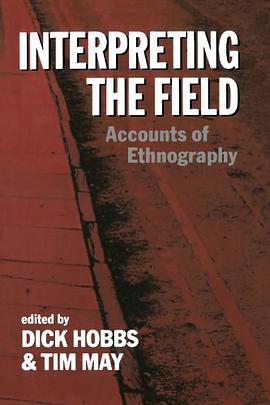
This book has two central aims. First, to demonstrate the importance of qualitative research through an examination of the type of data that it is capable of producing. Second, to do so using first-hand research accounts of ethnographic work. Toward these ends, the contributors cover a variety of topics: drug dealing; football hooliganism; entrepreneurial crime; the culture of policing; policing and the miners' strike; protest at Greenham Common; the politics of organizational change and race and sexuality in the field-work process. In reflecting upon personal experiences of field-work, together with the research strategies employed, the authors illustrate their arguments in both a detailed and accessible manner. The themes they discuss include the ethics and politics of field-work; reflexivity and data production; feminist field-work; the publication and production of studies, and an examination of the contrasting cultures of academia and what is normally termed the 'field', where knowledges are authenticated according to different rules and power relations. As a result, Interpreting the Field, will have wide appeal for those who wish to understand the dynamics, advantages, and problems associated with ethnographic work: for example, undergraduates and post-graduates undertaking their own research. It will also be of interest to methodologists and those working in the areas of crime, deviance, and organizational studies, as well as general readers of social science literature.
具體描述
讀後感
評分
評分
評分
評分
用戶評價
相關圖書
本站所有內容均為互聯網搜索引擎提供的公開搜索信息,本站不存儲任何數據與內容,任何內容與數據均與本站無關,如有需要請聯繫相關搜索引擎包括但不限於百度,google,bing,sogou 等
© 2025 qciss.net All Rights Reserved. 小哈圖書下載中心 版权所有





















